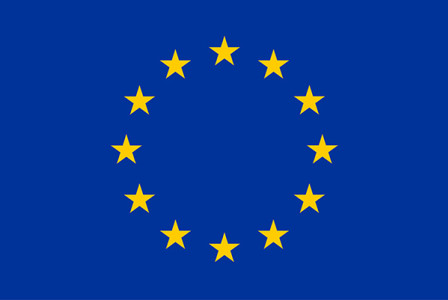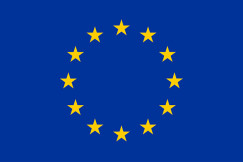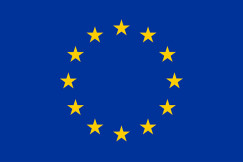Legislation
20 October 2025
Revision of the Waste Framework Directive
Legislation
20 October 2025
Retail
Login / create an account to be able to react
-
33

The revised Waste Framework Directive introduces common EU rules for extended producer responsibility in textiles and binding food waste reduction targets for Member States, helping reduce waste, support circularity, and strengthen sustainable resource use.
Editorial team
Topics
EU-27
Academic / Research and VET Institutions
Business Support Organisation
Cluster Organisations
Consumer Organisations
EU Institutions
Financial Institutions and Investors
Industry Associations and Chambers of Commerce
International Organisations
Local Authorities
Media / Journalist Organisations
National authorities
SMEs (a company with less than 250 employees)
-
Ecosystem
-
-
Retail
-
Share
The revised Waste Framework Directive entered into force on 16 October 2025, introducing common EU rules for extended producer responsibility (EPR) for textiles and binding food waste reduction targets for Member States. The new measures will help reduce waste, mitigate environmental damage, and enhance the EU’s economic security and resilience by driving innovation in sustainable practices and reducing dependency on raw materials, in line with the EU’s Competitiveness Compass and Strategic Agenda for 2024–2029.
The Directive introduces mandatory EPR schemes for textile and footwear products across all Member States. Producers will pay a fee for each product they place on the market to finance the collection, sorting, re-use, recycling and disposal of used textiles. These eco-modulated fees, adjusted according to sustainability criteria such as durability and recyclability, link producers’ financial contributions to product design, encouraging more circular and environmentally friendly textiles. The fees will also support consumer information on sustainable textiles and research and development to improve product design and waste management operations.
All separately collected textiles are now considered waste until they are sorted and assessed as suitable for re-use, ensuring consistent application across the EU and preventing the export of unsorted textile waste. Social economy enterprises engaged in second-hand textile collection and management may be exempt from certain EPR obligations and can operate their own collection systems.
The Directive also sets binding food waste reduction targets for 2030: a 10% reduction in processing and manufacturing and a 30% per capita reduction in retail, food services, and households. Member States must update prevention programmes, promote food donation, and address inefficiencies in the food supply chain.
Member States have 20 months to transpose the Directive and 30 months to establish the new EPR systems.
Comments (0)
See also
The Digital Markets Act
- Categories
Omnibus Regulation aligning product legislation with the digital age
- Categories




